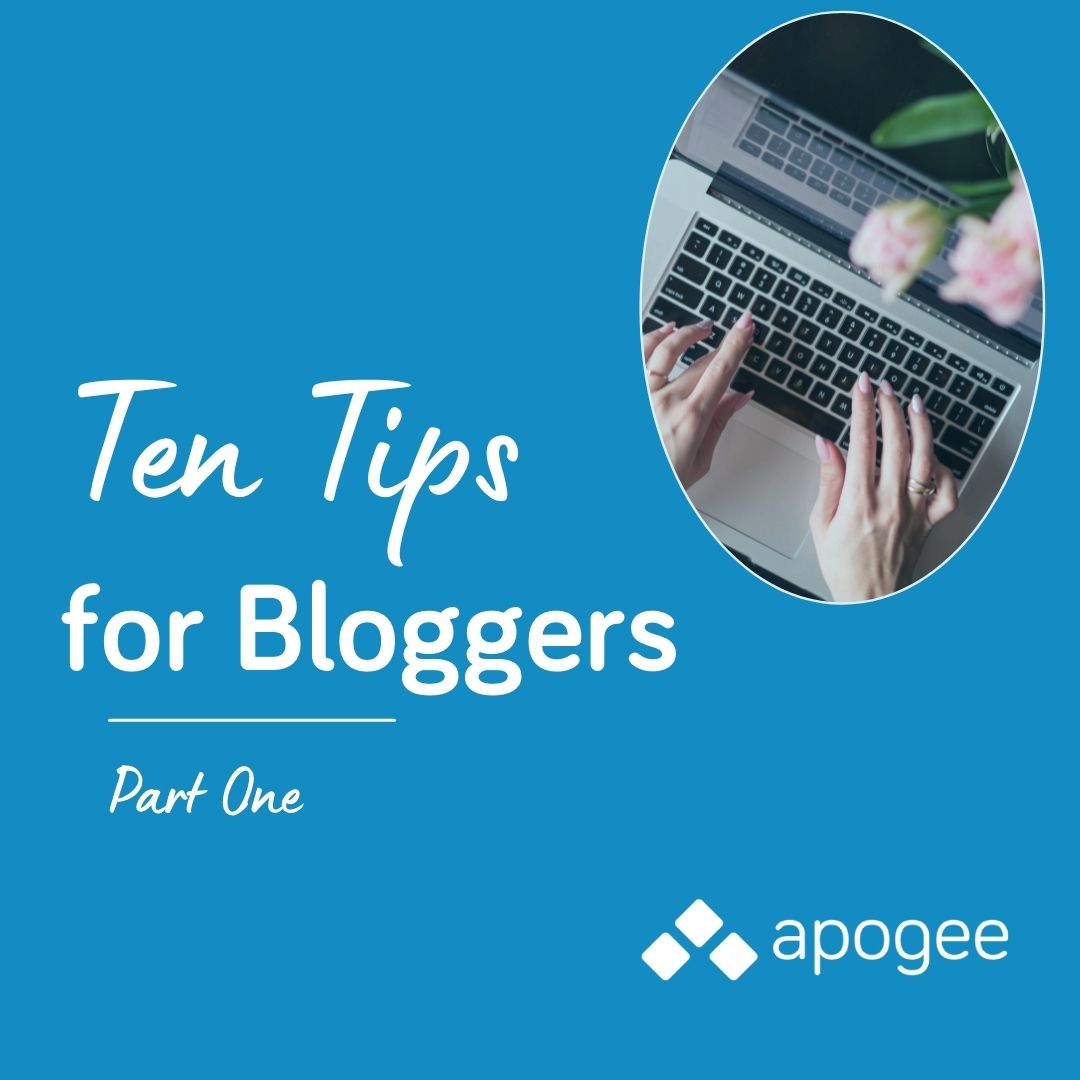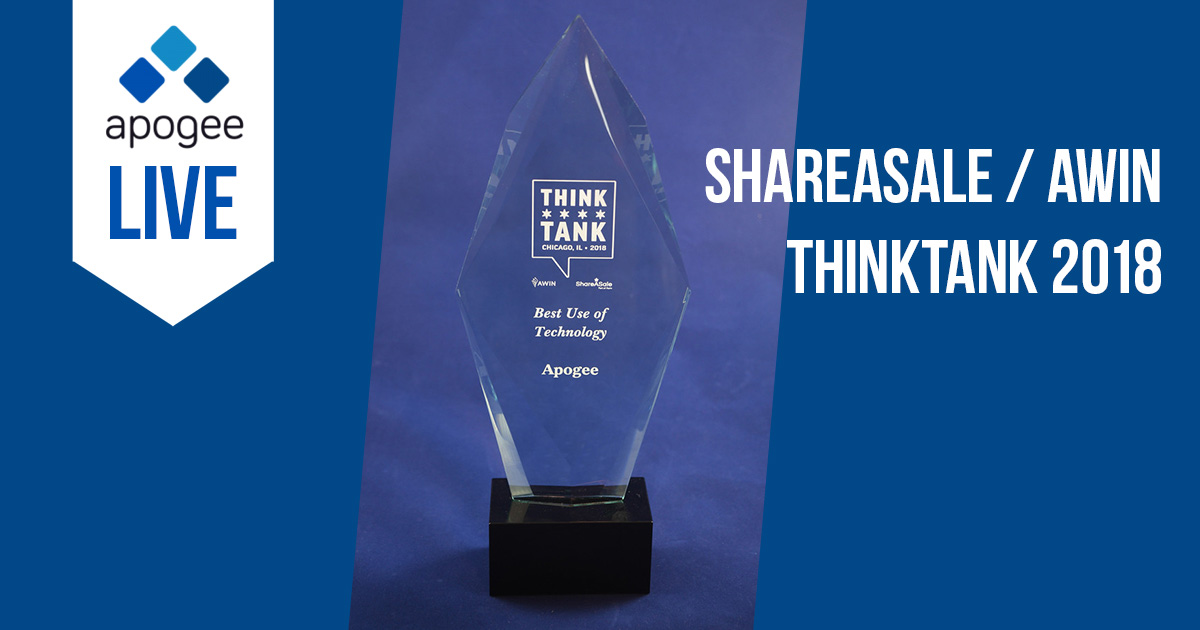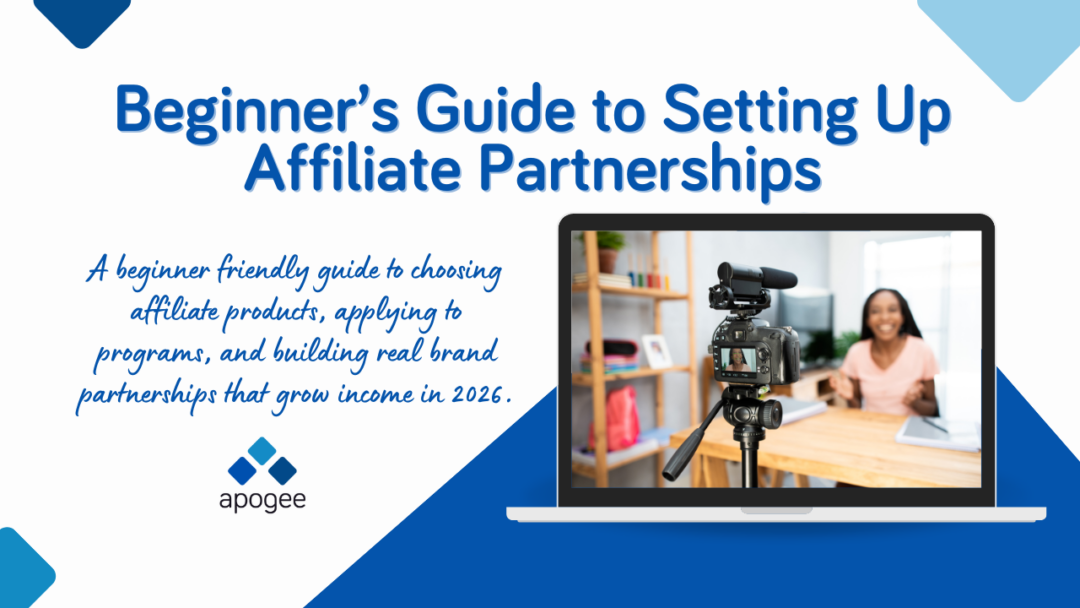
Ten Things Bloggers Need To Know About Affiliate Marketing – Part One
April 2, 2020
Apogee Live: ShareASale Awin Think Tank 2018 Recap
April 12, 2020With over 20 collective years of blogging experience, Anne Parris and Lynsey Kmetz have put together their list of things they wish they had known about affiliate marketing when they first began blogging.
Did you miss part one yesterday? Here you go!
Blogger Tips for Affiliate Marketing Continued
6 – WHY You should not ask for free stuff.
In the blogosphere, advertising sometimes includes free products in exchange for an honest review. Often that free product is considered “payment” for the placement of the product review (and even if the company you're working with doesn't think so, the FTC does).
With affiliate marketing, you should always order the products yourself to have the complete customer experience. In many cases, you can use your own affiliate link to order, so you'll receive a commission back from your own purchase.
Make sure to check with your affiliate manager before ordering through your own links. ** All Apogee Insiders can order through their own links. It’s one of the benefits of being an Insider!
7 – You can ask for a higher commission, but it is best to have relevant content first.
Affiliate managers have the ability to boost commission rates on a handful of affiliate partners each month. If you are already creating content that converts, or you have content that you feel would just be a great fit for a particular program, reach out to your affiliate manager and ask for a higher commission rate.
A select number of VIP Commissions are available each month in each program and your affiliate manager can assist in getting you to that higher rate.
The affiliate manager is just as committed to your success as you are, and is happy to help you make the most out of every piece of content you have.
8 – The affiliate program emails are a gold mine.
We have discussed before that bloggers get a million emails, and there are only so many hours in a day. However, your affiliate program emails are a wealth of information to help you learn more about the products and the program in order to help your conversion rates.
Brands and their affiliate managers work hard each month to study the industry, current sales trends and market changes to create great incentives for sales and promotions. Your affiliate program emails will have current data to help you maximize these trends.
Recently, Apogee started an Apogee Insiders newsletter which is free and open to all Apogee affiliates. Each week you will receive insider tips, news, and strategies to help you grow your affiliate income. You can sign up for the Apogee Insiders newsletter here.
9 – Sponsored posts pay you once, but affiliate commissions can last forever.
One of the biggest regrets Anne and I have as bloggers is not focusing on affiliate marketing sooner. Instead, we focused on growing our numbers and applying for sponsored posts.
Occasionally we would send out a pitch letter and then not so patiently wait for a response. Sound familiar?
When we were chosen for a sponsored post, we would work for hours, agonizing over impressing the brand, and meeting deadlines; and then hours more getting social interaction … just to get paid once.
Sometimes we would get a second campaign with the same brand and the process would start all over again … this time with even more stress because we would have to come up with a completely new angle to talk about the exact same product.
Affiliate marketing, on the other hand, lets you create new content or repurpose old content that you can earn from every time someone clicks through your link and makes a purchase. Every time. Forever.
10 – You do not have to have huge numbers to make a huge income.
Speaking of sponsored content, one of the downsides to blogging is the competition for sponsored content, which boils down to numbers in many ways. This may ruffle a few feathers, but bear with me, I promise this is a benefit.
When you apply for a sponsored campaign through a network, the campaign manager has to choose who they believe will do the best for the brand. Considerations include (among other things) having the potential to get the brand in front of a large audience.
Many sponsored post applications get hundreds, if not thousands, of applicants. A campaign manager has to sort through those applications to choose sometimes only 15 or 20 bloggers for the campaign.
Since organic engagement is a difficult metric to track without linking to exact sales, the campaign manager may choose based on higher social numbers — even if a blogger with a lower social following has a better engagement rate.
With affiliate marketing, you can have sales and grow your income by referring your favorite products to your audience, no matter how big or how small. In fact, many “micro-influencers” who may struggle to be chosen for a sponsored campaign are making a significant income from affiliate marketing.
You have worked hard to grow your audience to whatever size it may be. You share the things you love with them so they can love them too, and you should be rewarded.
Hopefully, this list gave you a few “ah-ha” moments to help get you excited about the potential of affiliate marketing as a blogger.




